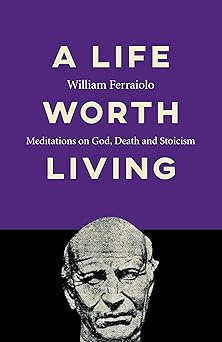The Quest for the Historical Israel: Archaeology and the History of Early Israel (Archaeology and Biblical Studies) by Israel Finkelstein charts a middle course between biblical maximalist and minimalist views, the two poles of reference for exploring the entity known as Israel in the bible.
Maximalists hold that most (or at least most of) the bible can be collaborated with external sources and archeology. Therefore, the Bible is of use as an historical document. For minimalists, what we can know of Israel in the bible is not historically verifiable – neither in external sources nor from archaeology.
Finkelstein sees the bible as having some merit as a document with some historical merit – if it is scrutinized. For example, he considers the Book of Judges as having some authenticity of the condition of Israel in its early phases – but only as filtered through other traditions and sources. He takes a middle course.
In the end, we will never know how Israel came about. Ancient Israel, who are so important now, simply did not merit much attention by anyone in the Iron Age. Finkelstein helps us navigate the important issues of Israel’s beginnings as best as we can with what we have at hand.









